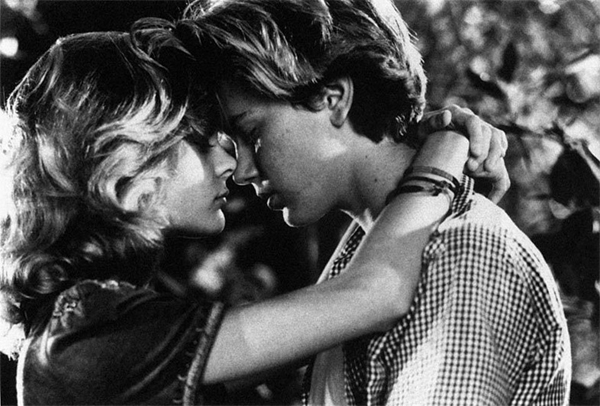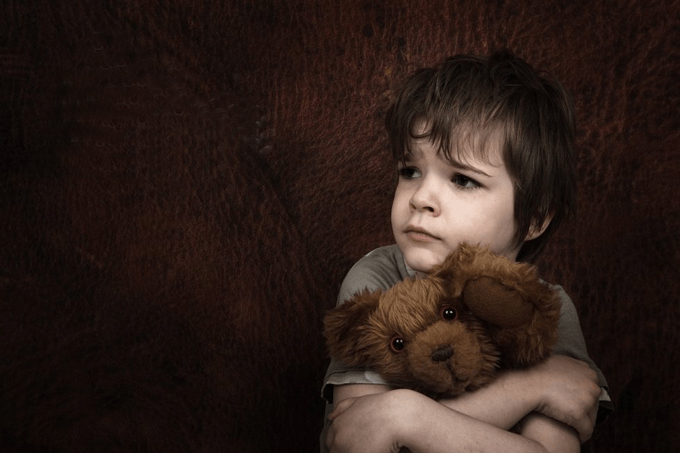Ever wondered why you find yourself in relationships that aren’t good for you? It could be you’re following your love script, your largely unconscious sense of how your relationships ought to be. And where your unconscious gets it wrong, remedial action and self-help become necessary.
How did you learn to love?
By far the largest single influence on the ways you seek, enter into and conduct your relationships is your parents. If they were the perfect couple – thoroughly compatible, openly warm, emotionally together, very much still in love and, furthermore, always able to provide a safe and nurturing environment for their children – then the chances are you are already very well primed for relationship bliss.
If, at the opposite extreme, your parents were cold and emotionally distant, at odds with each other, or always arguing, at conflict, even violent, then your view of relationships is likely to have taken a serious dent from the start – and it may well be the case that you’ll reproduce your parents’ dysfunctional and destructive behaviour in your relationships. This is unless you know what the issues are and were and so are able to watch out for them.
Most likely, you fall between these extremes. There will have been positive messages communicated. And there will have been the not so hot.

The other sex
Your first experiences of the other sex will also have shaped your current attitudes. If you have a brother or sister, you’ll probably have learned both to regard the other sex as human, potentially friendly and not to be giggled about or shied away from, and you’ll have seen the human faults. No-one who’s lived with the average teenage boy while growing up will be altogether susceptible to visions of knight-in-shining-armour alpha males come to sweep them away. The same goes for the significantly way above average teenage boy, for that matter.
Here, it should also be said that bad experiences of siblings can have an impact on your view of the other sex. If there were constant fights or you were downright bullied, including being utterly ignored, be alert to that pattern.
If you grew up in relative isolation from boys or girls, the most extreme example, perhaps, of which being the single-sex boarding experience, then it will probably be the case that some serious effort is needed to make other sex friends, on a not necessarily sexual footing, or else be liable to over-idealization, coupled with outright ignorance, and a subsequent fall.
First lovers
Our first sexual experiences also leave their impact. Whether it was full intercourse, passionate fumblings or physically chaste but sexually, emotionally and spiritually charged love, your mind will have been imprinted with the image of that other person. There is a significant chance that you’ll be looking for them in others again and again and again.
Problems?
Usually, these influences over whom we love do not pose a major problem. So it’s dark hair that does it for you? Well, you’re narrowing your chances but it’s hardly the end of the world. So we tend to go for people who look a bit like our nearest relatives and therefore ourselves: this could even be one of nature’s ways of finding a good genetic match – but don’t hold us to that one!
It’s when you find yourself hitched to a manic-depressive, alcoholic, abusive, mood-swinging loser that you’re in the danger zone – and might want to put some serious effort into getting out.

Turning your love-script around
If you do find yourself in problem relationships time after time, the first step is to consider your parents’ relationship. Were there problems? If so, write them down. Write down the behaviour of each parent. It is highly likely that you are unconsciously seeking to reproduce this behaviour in your life – or that you are veering headlong to its (potentially equally destructive) opposite.
You can’t go back and change the past. You can learn to forgive it and grow beyond it.
This can be very difficult to do because it involves a process of what can be painful engagement with a difficult past, the one you have since glossed over but not really dealt with.
It might leave you feeling very exposed and vulnerable, just as you were at the time. In a sense, you are stripping away the defences you have since built up – to get back to ‘that’ you.
By engaging with past traumas, you are giving yourself a chance to re-experience them from a more adult perspective. You’ll ‘work through’ them, rather than bottle them up or sublimate them, and so can find a narrative which helps them to make sense and so disarms them. You can thusly contain the past experience. Pop-psychology terms this ‘closure’. For Freudians, it would be part of the talking cure.
You should find that, through this process, you reach a point where the more extreme emotion is effectively gone – and you don’t need to go chipping away at the narrative for the rest of your life. You can walk away. Our knowledge of this psychological process isn’t notably new. It is the same that governed classical Greek tragedy, from which we inherit the term ‘catharsis’.
The process is good for your whole-self health. It is also puts you back in the driving seat when it comes to relationships.
And the same goes for other experiences, of the opposite sex or of previous relationships, which you suspect may have led to a dysfunctional sense of relationships.
Positive thinking
Once you know where your experience-trained relationship fall-line tends, you can start thinking about what you really want – and about the lover you want to be.
Let’s say, for example, that you want a relationship of equals, emotionally bonded, emotionally rich, in which you have the confidence and independence to develop your own life and well as the relationship. For example.
So be that person! Yes, it can be as simple as that, but if you think it’s beyond you, pretend. Put love and sex to one side for a period, which might be a relatively lengthy period, and in everyday life play at being the person you want to be.
This does not mean hypercorrect – becoming, for example, very loud, aggressive and insulting if you are normally nervous and quiet. It means you look face-on at the ‘you’ you can be – and then be it and do it. This can feel a little odd at first and there might be setbacks, but you should soon find it isn’t much you’re aspiring to. It isn’t a fake you; it’s a confident, free version of you.
Then when you are ready, or when it happens, admit the thought of love – and don’t instantly launch back into destructive ways. This is a risk point. Take it slowly. Explain your nerves to your potential lover. Leave sex until beyond the third date.
Roles
The love scripts we carry within us consign us to various roles: the rescuer, always on the look out for a needy human problem to solve; the doormat, his or her self-esteem crippled and ready to suffer anything; the perfectionist, determined at all costs not to be like the parents, without ever having been able to work the inherited problems through, and therefore at risk of being cut off from real emotional engagement with others; the lover of the inaccessible, mortally afraid of sex and love and so aiming where it won’t ever be had.
Once you have your love script rescued from the unconscious and laid out in front of you, then it is time to let loose with the editor’s pen.

